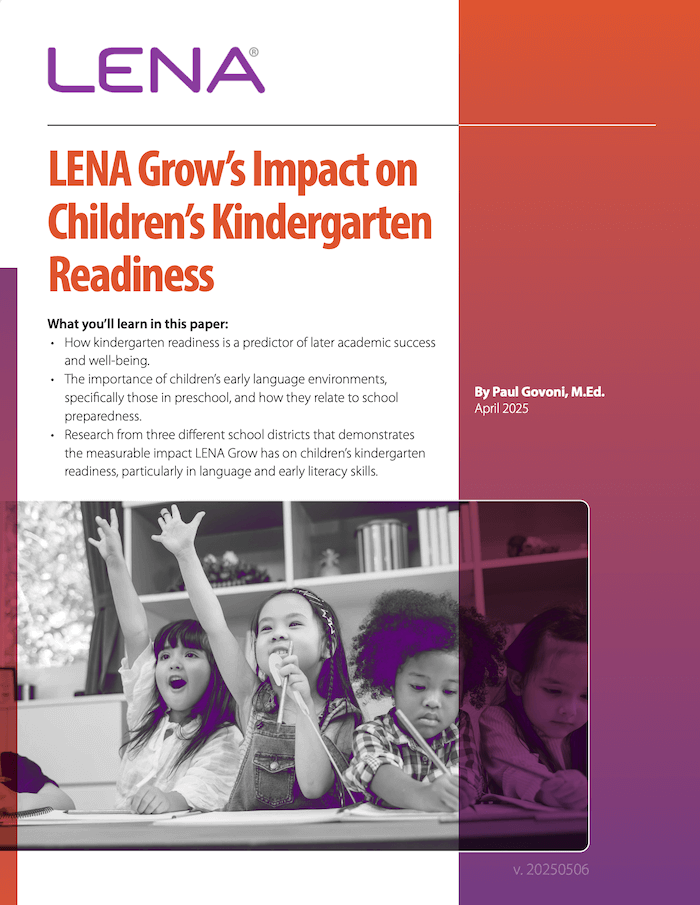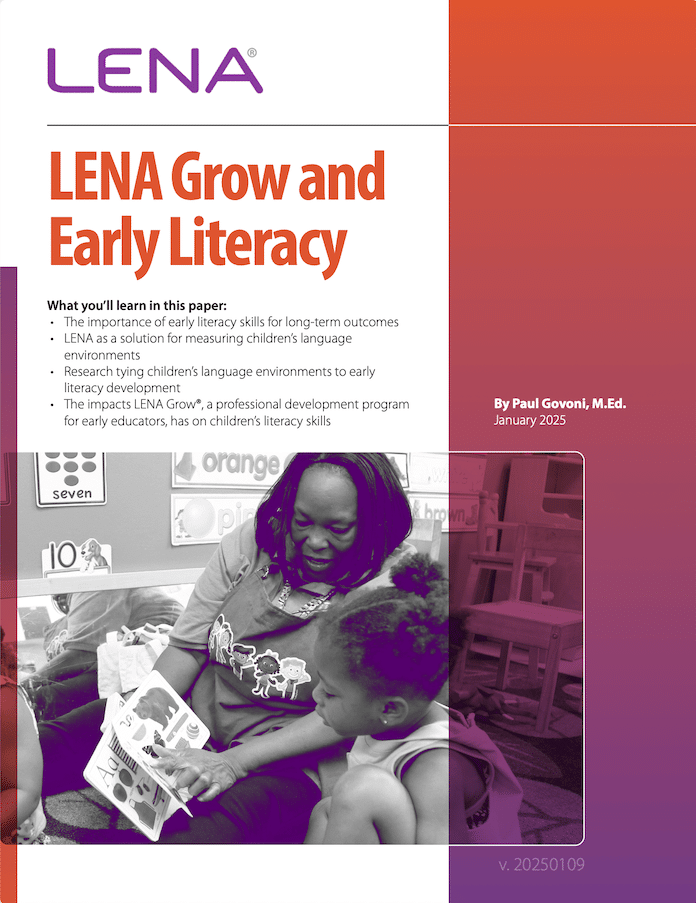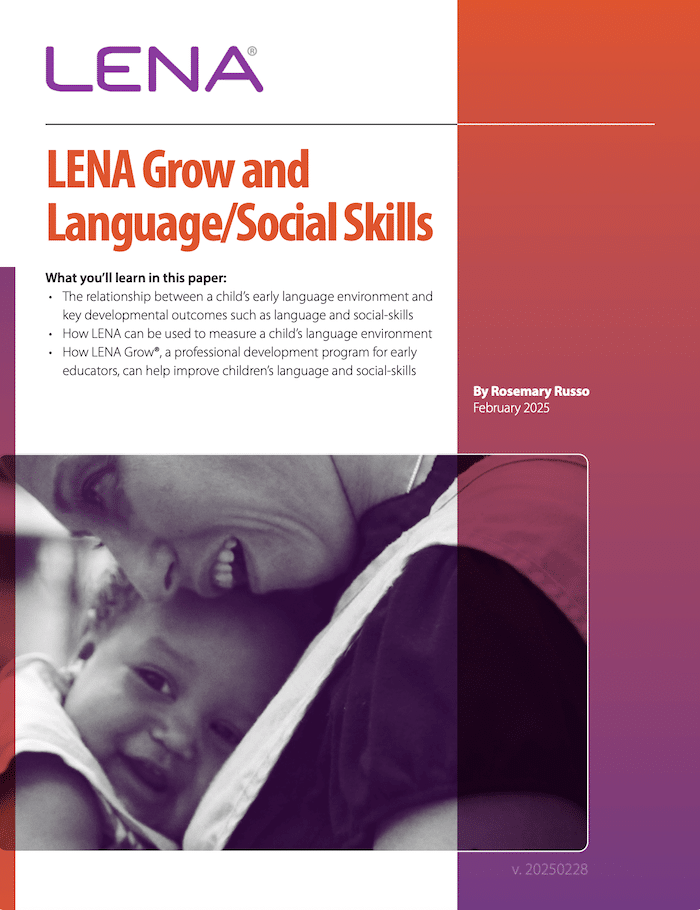Research
Unparalleled insights into children’s language environments

250+ Publications
The LENA System™ has powered more than 250 peer-reviewed research publications.

40+ Countries
Research institutions in more than 40 countries use LENA.
20+ Years
LENA was founded in 2004 and has grown its research presence ever since.
LENA SP
Reliable, detailed language environment data with convenient access and security
LENA SP puts the LENA System into the hands of researchers around the world. With data sets of unprecedented quantity, LENA SP provides a richly detailed picture of young children’s naturalistic language environment.
Researchers have used LENA SP to make important contributions in the fields of language development, early literacy, brain science, deaf and hard of hearing studies, Autism Spectrum Disorder research, and more.

Proving the Long-Term Impact of Conversational Turns
A 10-year longitudinal study by LENA researchers confirmed that the amount of verbal interaction children experience in the first three years of life is related to their verbal abilities and IQ scores in adolescence. Published in the journal “Pediatrics” in 2018, the paper marked the most substantial longitudinal study to date on the relationship between early talk and long-term child outcomes.


It’s incredible that we are able to measure the relationship between the experiences of babies and their cognitive skills 10 years later.


The LENA research database
Since 2008, the LENA System has powered more than 250 peer-reviewed publications. Access detailed information on all of them using the LENA Research Database.
Evaluating LENA Grow
LENA Grow is an innovative, proven professional development program for early childhood educators. In addition to conducting basic research, evaluating the effectiveness of LENA Grow is a big part of what LENA’s internal research team does.
Research Highlights
Early interaction across 43 languages
At Harvard University, the Bergelson Lab (BLAB) explores language acquisition among infants. In a 2023 paper published in the “Proceedings of the National Academy of Sciences,” they analyzed nearly 40,000 hours of LENA data from 1,001 children living in 12 countries and experiencing 43 languages. The paper linked conversational turns to larger vocabularies, and also questioned the prevailing view that a family’s socioeconomic status has a large bearing on children’s speech development.
Screen exposure and early talk
Published in the journal “JAMA Pediatrics,” a 2024 study from the Telethon Kids Institute in Australia used the LENA System to link increased screen time to decreased parent-child interaction. At three years of age, for instance, one minute of extra screen time was associated with 1.1 fewer conversational turns.
Do COVID babies “talk” less?
Independent studies from researchers at LENA and at Brown University arrived at remarkably similar and stark findings: Babies born during the COVID-19 pandemic vocalized less and experienced fewer conversational turns than their pre-pandemic peers, suggesting they may be at greater risk of experiencing language delays.
Meet the LENA Research Team

Jill Gilkerson
Chief Research and Evaluation Officer

Jeff Richards
Director of Data Analysis
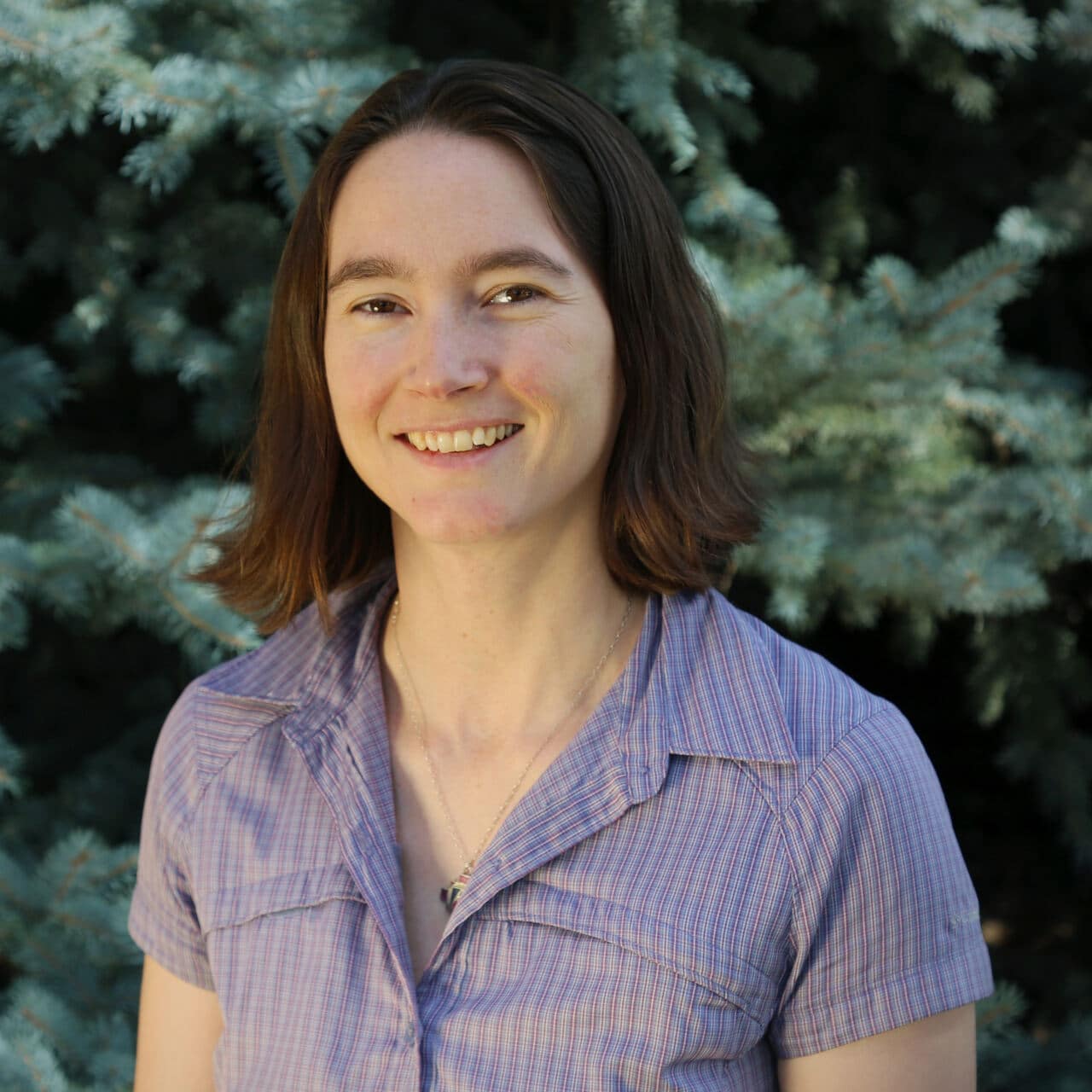
Rosemary Russo
Senior Research Analysis

Paul Govoni
Senior Data Analyst

Evelyn Vogel
Senior Research Coordinator
